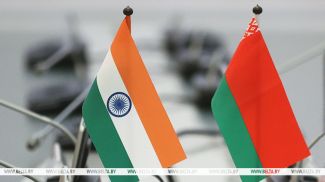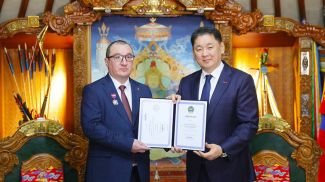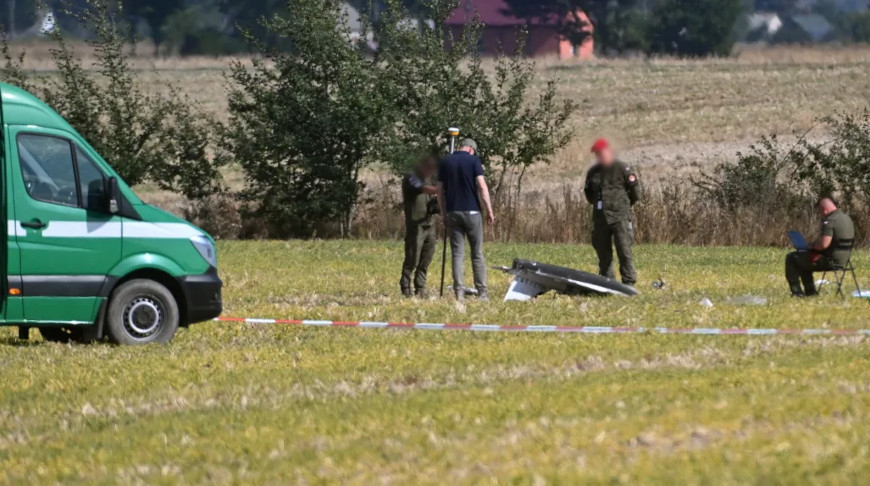
Photos courtesy of PAP
Yesterday’s incident with drones flying into Poland eloquently showed how important it is to maintain communication channels and support dialogue between neighboring countries – at least between the defense ministries and foreign ministries. Earlier, Minsk repeatedly called on Warsaw to return to dialogue for the sake of ensuring the security of both countries. And, despite flat refusals from the Poles, yesterday Belarus chose to notify its neighbors about the approach of the aircraft.
The Polish authorities reported that drones flew into the country on the night of 10 September. The story developed rapidly, fueled by rumors, speculation and harsh statements. Warsaw claimed that the drones were Russian and called the incident a “large-scale provocation”. Moscow rejected the accusations and invited the Poles to hold consultations. Media outlets were quick to speculate about the potential for an imminent war, a narrative that heightened public anxiety.
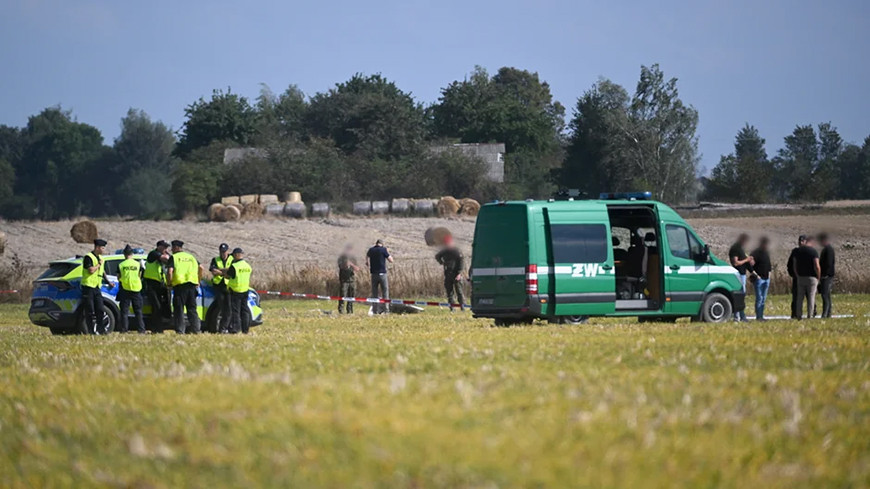
 Against this background, the Belarusian Defense Ministry issued a statement. The ministry reported that at night, Russia and Ukraine had exchanged drone strikes. Due to the effects of opposing electronic warfare systems, several drones were diverted from their intended course. A number of these stray drones were subsequently destroyed over Belarusian territory by Belarusian air defense forces.
Against this background, the Belarusian Defense Ministry issued a statement. The ministry reported that at night, Russia and Ukraine had exchanged drone strikes. Due to the effects of opposing electronic warfare systems, several drones were diverted from their intended course. A number of these stray drones were subsequently destroyed over Belarusian territory by Belarusian air defense forces.
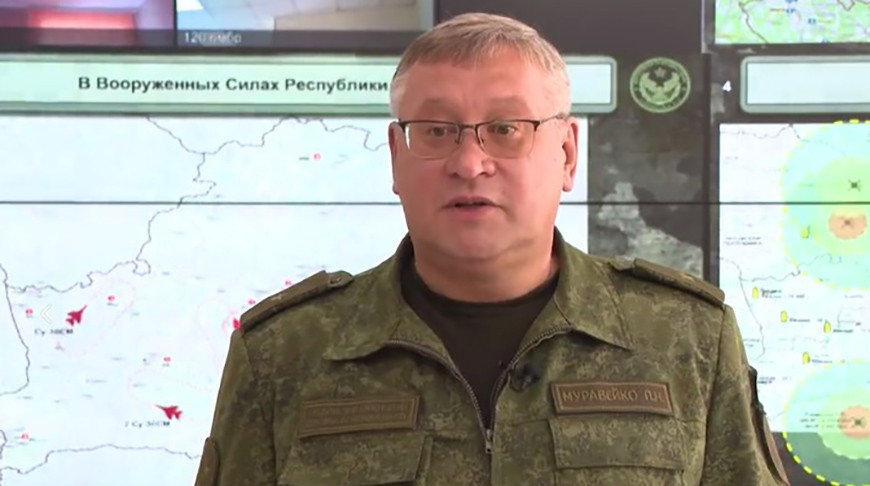
It is worth noting that the Polish side also informed the Belarusian combat duty units about the approach of unidentified aerial vehicles from Ukraine’s territory to the border of the Republic of Belarus. “Sharing information about the aerial situation is an important component in efforts meant to ensure security in the region as a whole and helps establish trust and reinforce security. The Republic of Belarus will continue honoring its commitments by sharing information about the aerial situation with the Republic of Poland and the Baltic states,” Pavel Muraveiko stressed.
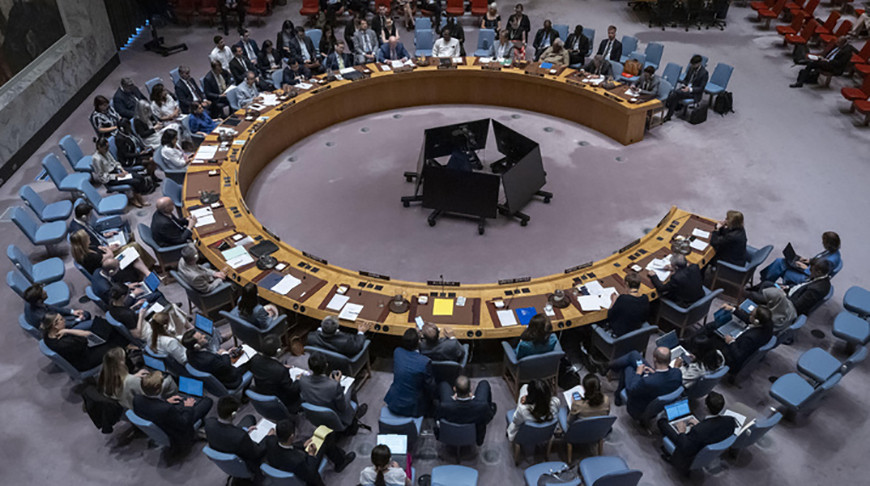
Interestingly, when asked by Polish journalists about interaction with the Belarusian side, Polish officials responded rather reluctantly and evasively. Neither President Karol Nawrocki nor Prime Minister Donald Tusk mentioned it at all. Only in the evening did Polish Foreign Affairs Minister Radosław Sikorski acknowledge that the alert about drones approaching Polish airspace had come from Belarus.
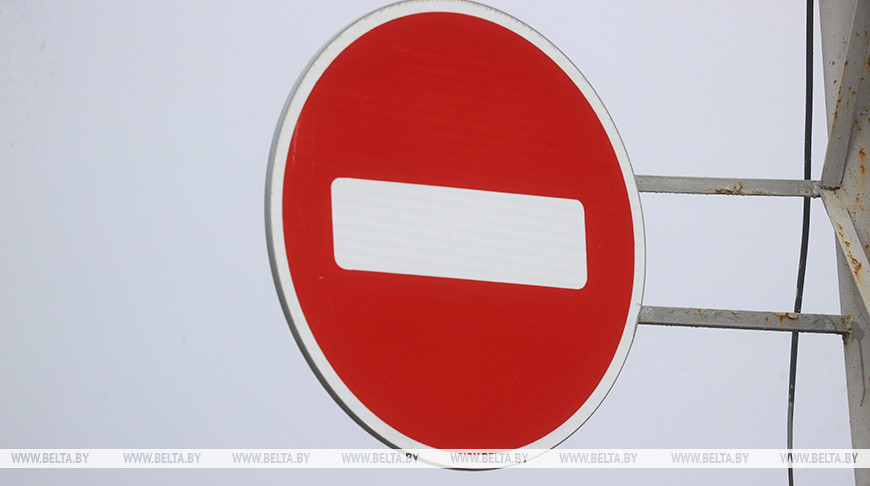
The topic was later addressed by Chief of the General Staff of the Polish Armed Forces, General Wiesław Kukuła. He noted that it was unexpected to receive assistance from Belarus, given the tense situation on the common border. “This advance warning was useful to us. To be more precise, our reaction was positive,” he said.
In fact, there was nothing surprising or unexpected in Belarus’ actions. Our country has always approached the fulfillment of its obligations responsibly, especially on matters of security. Naturally, we would like our neighbors to show the same sense of responsibility, particularly in the current circumstances, when the situation in our region is strained to the limit.
Minsk’s initiatives to resume dialogue with Warsaw are not a whim, but a rational approach. They stem from the desire to stabilize the situation and prevent our countries from being drawn into military confrontation. At the same time, cooperation with Minsk on security matters equally serves the interests of the Polish side. Yesterday’s events demonstrated this clearly.


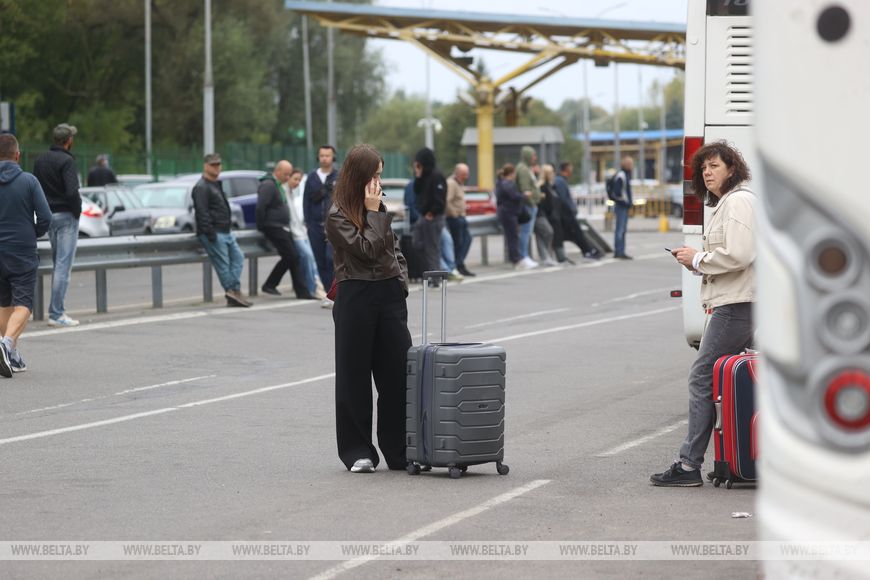
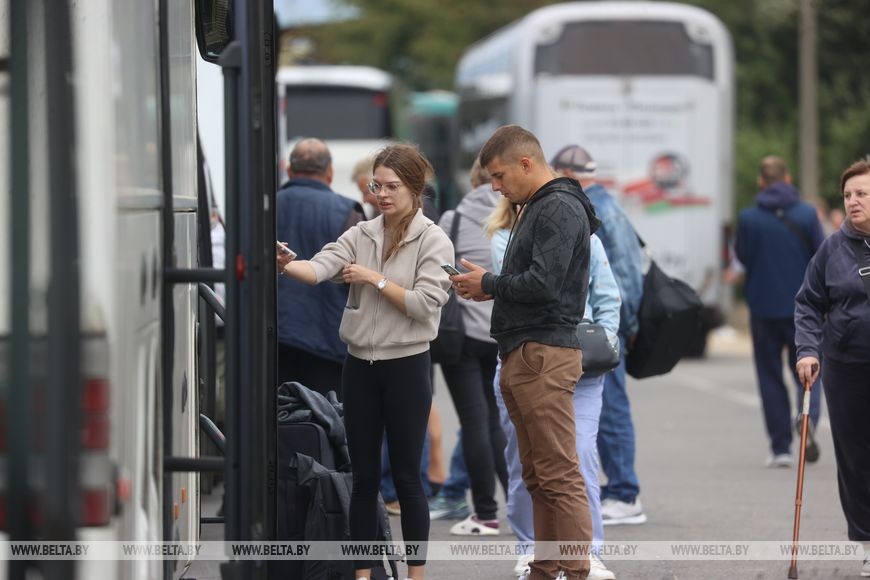

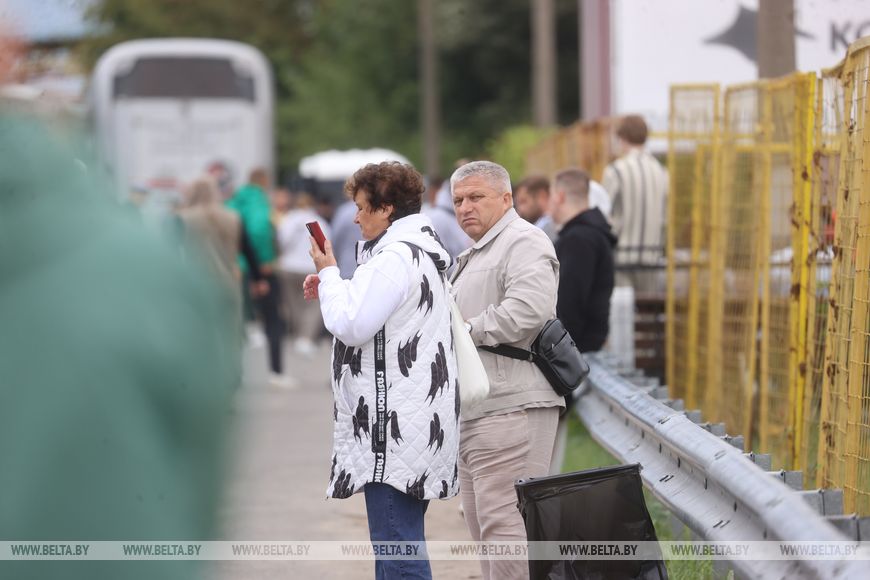
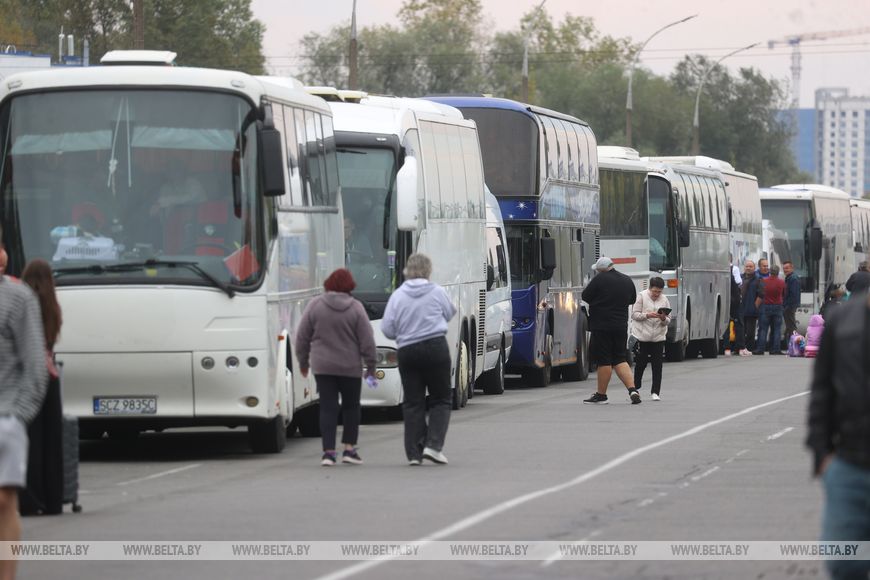
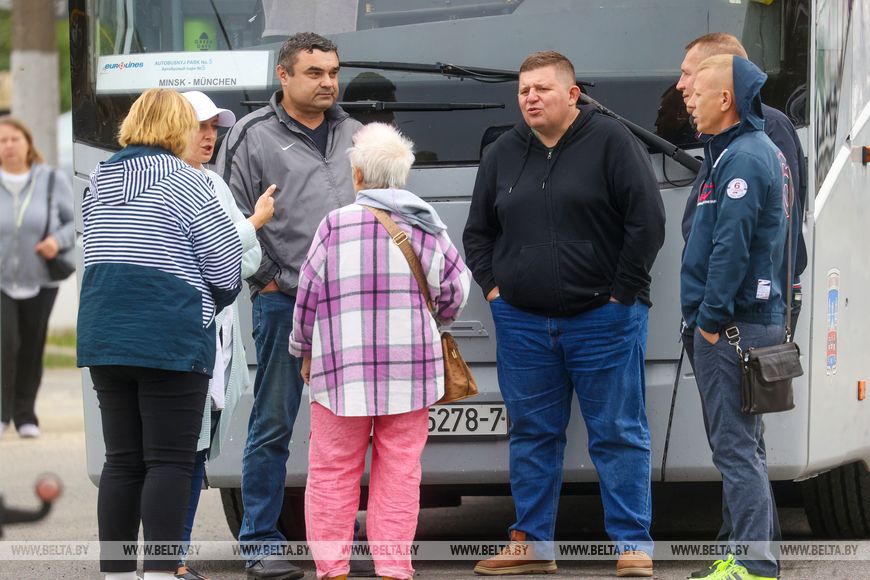
Undoubtedly, neighboring states may have disagreements: they may differ in opinion, argue, and criticize one another. But under no circumstances can they afford to break off dialogue, close channels of communication, or curtail cooperation between their defense and foreign policy agencies. Of course, it is easiest to put a lock on the border and hide behind a fence. But can such an approach really be called responsible?
The responsibility borne by Belarus and Poland is exceptional. Our countries lie along a geopolitical fault line. And the decisions taken today in Minsk and Warsaw determine the peace and security not only of our two states, but of the entire European region.
Vita KHANATAYEVA,
BelTA.
Photos by Violetta Yuzhakova, Belarus’ Defense Ministry, Polska Agencja Prasowa







